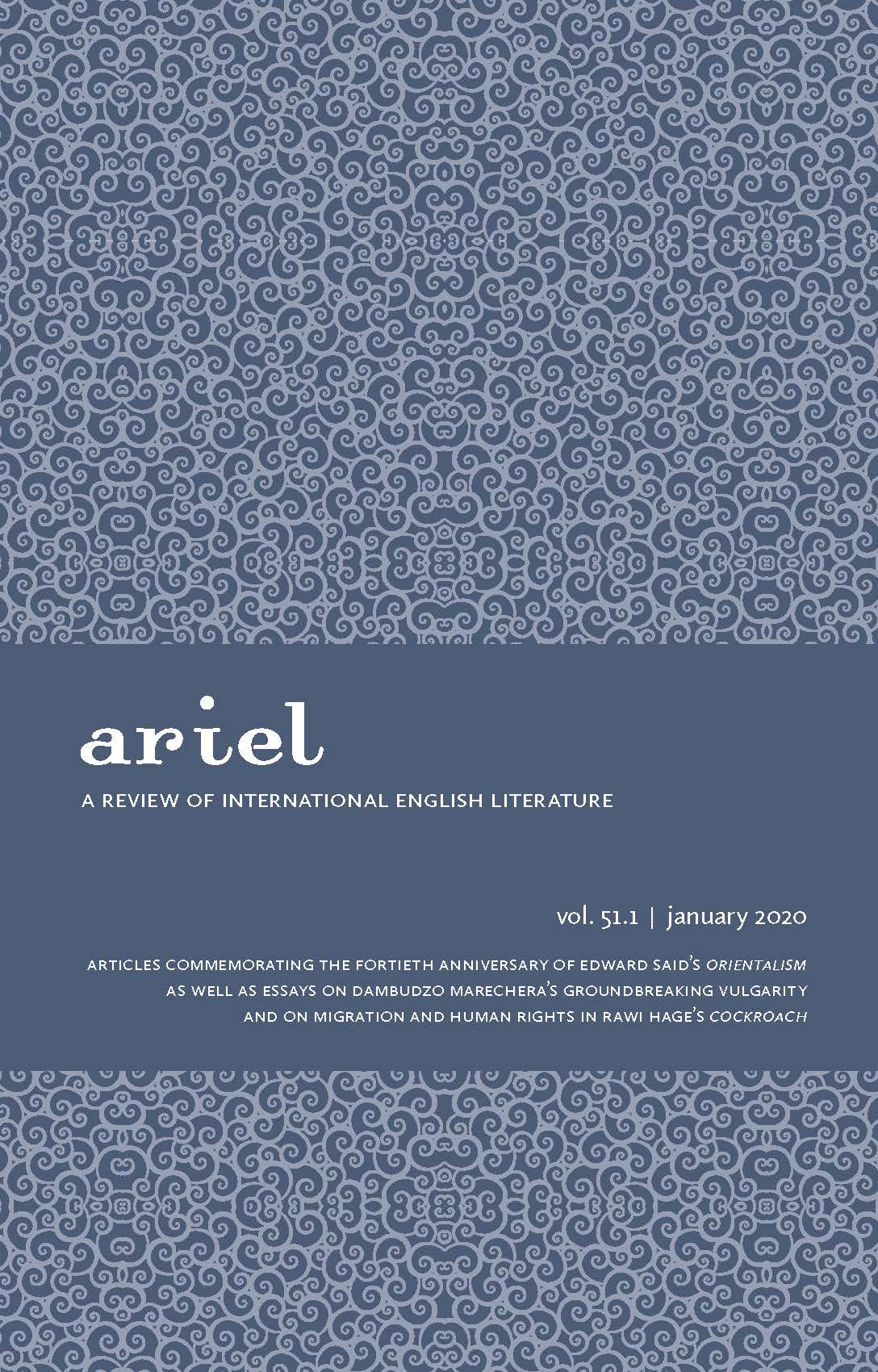Mesochronous Marechera: African Aesthetics, Violence, and Temporality in The House of Hunger
Keywords:
Dambudzo Marechera, postcolony, violence, temporality, The House of HungerAbstract
This article theorizes a new temporal category, the mesochronous (or “middle time”), via analyzing The House of Hunger (1979), the debut novella by Zimbabwean author Dambudzo Marechera. Marechera's vulgar, irreverent aesthetic has expanded the definition of postcolonial African writing while at times prompting his categorization as a cosmopolitan or global modernist author. Within postcolonial literary studies, questions of political commitment or individual identity often accompany aesthetic categorization: for instance, to what extent does an author's stylistic choices reflect an individual or collective narrative of national struggle? Marechera’s fictional and essayistic writings disallow easy assignation as local or universal, African or Western. Rather than considering his work as reflective of a hybrid identity, I argue that it proposes a mesochronous, coeval relation between Western and African aesthetic and material worlds in the post-War era. Marechera enacts this historico-aesthetic relation through representing 1970-80s Zimbabwe with violence and vulgarity—which, in turn, confronts and subverts the dialectical fashioning of Africa as outside history, modernity, and the universal. I read The House of Hunger (1979) as a theorization of this mesochronous relation between Africa and its others, rather than merely a realist depiction of a violent postcolony.


